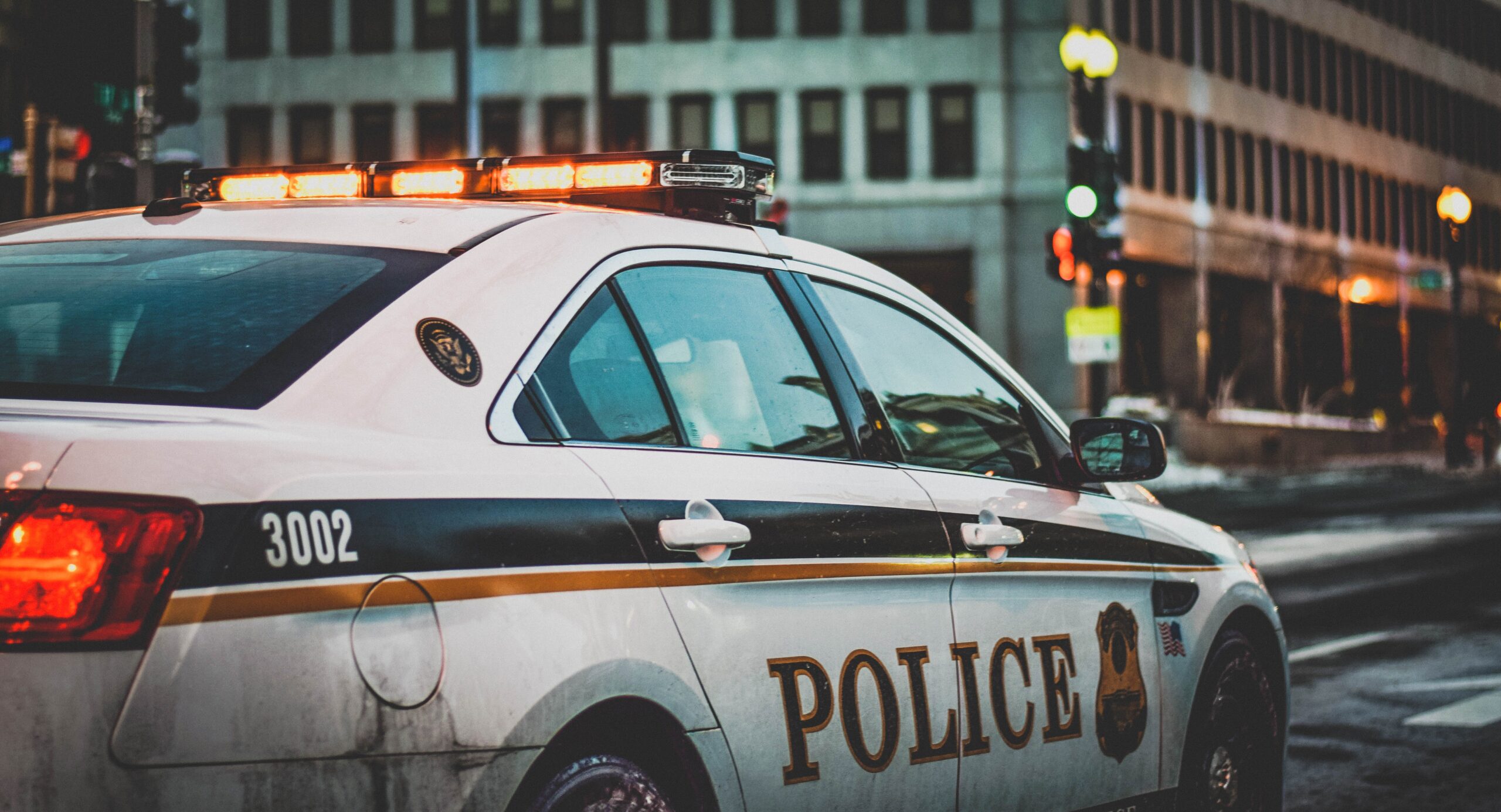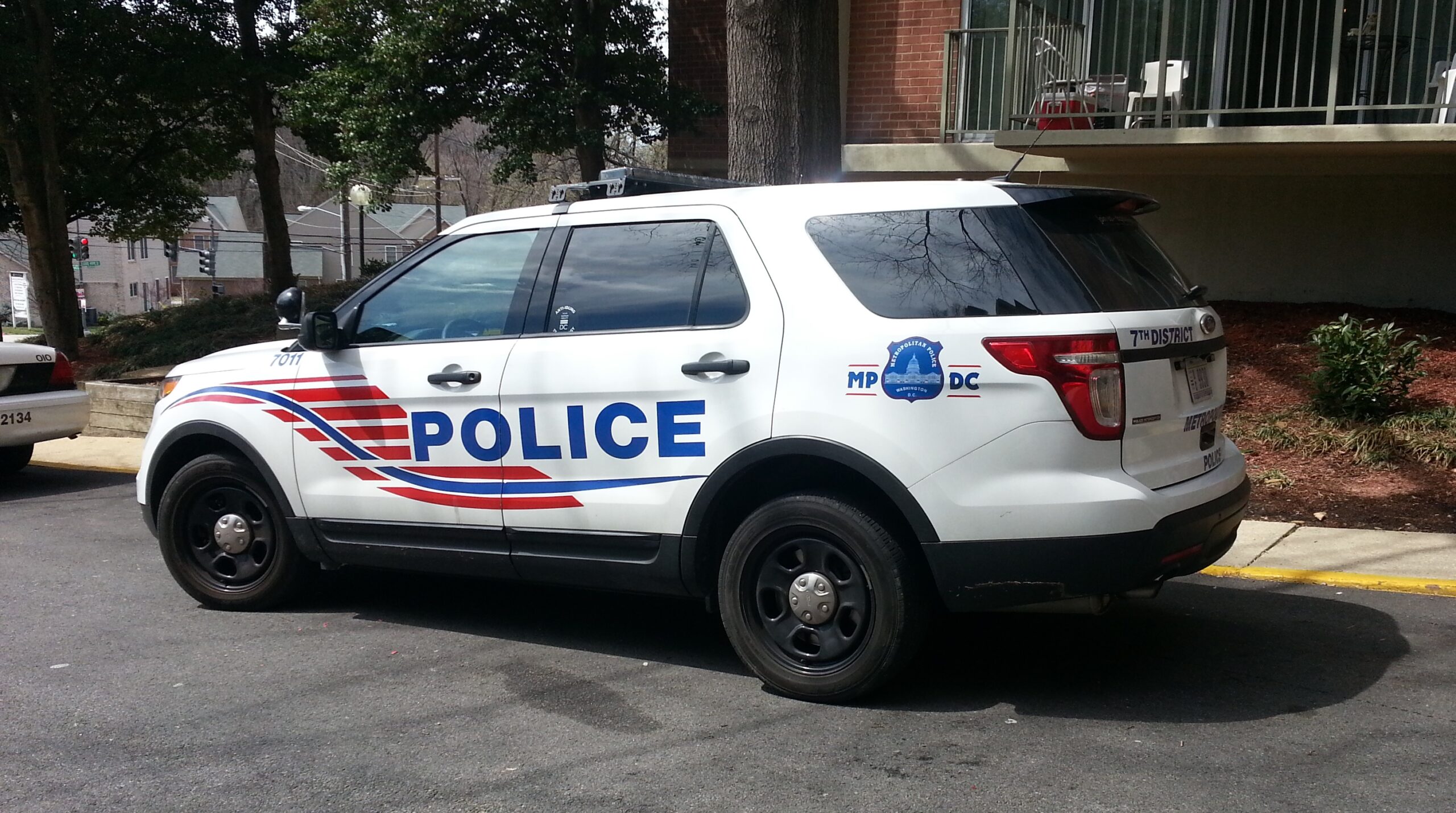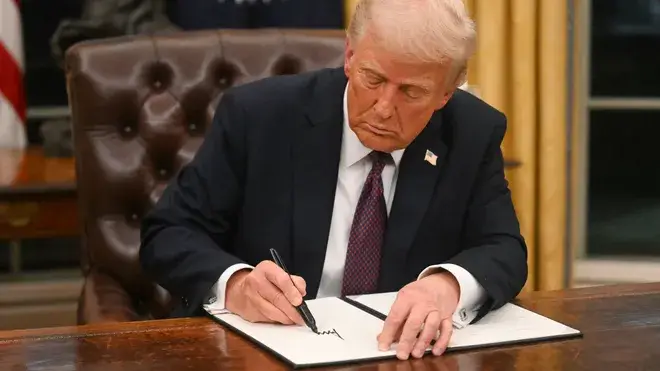
Locking In Police Reform Across the Nation
A year ago on May 25, George Floyd was killed outside of Cup Foods in Minneapolis by former police officer Derek Chauvin, who is found guilty on all three counts of murder. Floyd’s death called for multiple protests in Atlanta, Los Angeles, New York, and many other cities across the country, crying out “I can’t breath”, the last words of Floyd.
Floyd’s death along with many other deaths of African American males at the hands of police called for a change in the police department around the country.
ABC 7 report, President Joe Biden wanted a push to create new nation policing standards. He wanted to make this effective by the first anniversary of George Floyd’s death, but as of today those changes have not been met.
The George Floyd Justice In Policing Act was introduced on June 8, 2020, and passed the house on June 25, 2020. This bill addresses a wide range of policies and issues regarding policing practices and law enforcement accountability. It increases accountability for law enforcement misconduct, restricts the use of certain policing practices, enhances transparency and data collection, and establishes best practices and training requirements. but the senate is still negotiating these policies. For more information on this Act, visit https://www.congress.gov/bill/116th-congress/house-bill/7120.
“We’re making good progress, hopeful progress, but we still have some work, a lot of work to do”, said Senator Cory Booker of New Jersey.
U.S. Senators Booker, Tim Scott of South Carolina, and Representative Karen Bass of California came to an understanding stating, “One year ago, George Floyd’s murder awakened millions of people around the world who had never before witnessed the deadly consequences of the failures in our policing system. This anniversary serves as a painful reminder of why we must make meaningful change. While we are still working through our differences on key issues, we continue to make progress toward a compromise and remain optimistic about the prospects of achieving that goal.”
Those key issues include: 1) determining the standard for charging police officers with crimes and 2) changing the policy of “qualified immunity” so police officers can be sued in civil court.
According to the House Committee on the Judiciary, while there is no single policy prescription that will erase the decades of systemic racism and excessive policing, The George Floyd Justice in Policing Act is a comprehensive approach to hold police accountable, change the culture of law enforcement, empower our communities, and build trust between law enforcement and the community to help save lives.
This makes it easier for communities to put their trust back in police to successfully do their job, to serve and protect, and allows police departments to create new training protocols and tactics to follow when situations call for the use of force.
Although the Democrats say it’s about accountability, the republicans worry about eliminating protections that can disincentivize police, cause others not to join the force, or those who are on the force to retire.
CNN reported, more than 70 officers have left the force since the attack on the U.S. Capitol on January 6. Forbes reported, in Louisville, Kentucky the police department has seen a more than 20% decrease in law enforcement, with nearly 190 cops retiring or resigning since 2020. New York has seen about a 15% decrease in law enforcement, and The Seattle Police Department has said that more than 200 officers left their jobs since last year, according to an article posted on AP News. However, the Democrats and Republicans say they are optimistic and closer to a deal.
ABC 7 News has been tracking police reform efforts across the area over the past year. Last month the Maryland General Assembly voted over Maryland Governor Larry Hogan’s veto of several reform initiatives along with repealing the law enforcement officers bill of rights and repealing what has been described as the toughest use of force standards in the nation.
The DC police reform commission recently issued its final report with 90 recommendations and improving policing in the District of Columbia to ensure public safety.
Richmond, Virginia lawmakers also passed police reform measures including a ban on no-knock warrants, limit the use of neck restraints, and officers are now required to intervene when they see excessive force on the part of a colleague. It was also reported on ABC 8 News, Richmond, VA recommends social service providers handle mental health incidents rather than officers.











